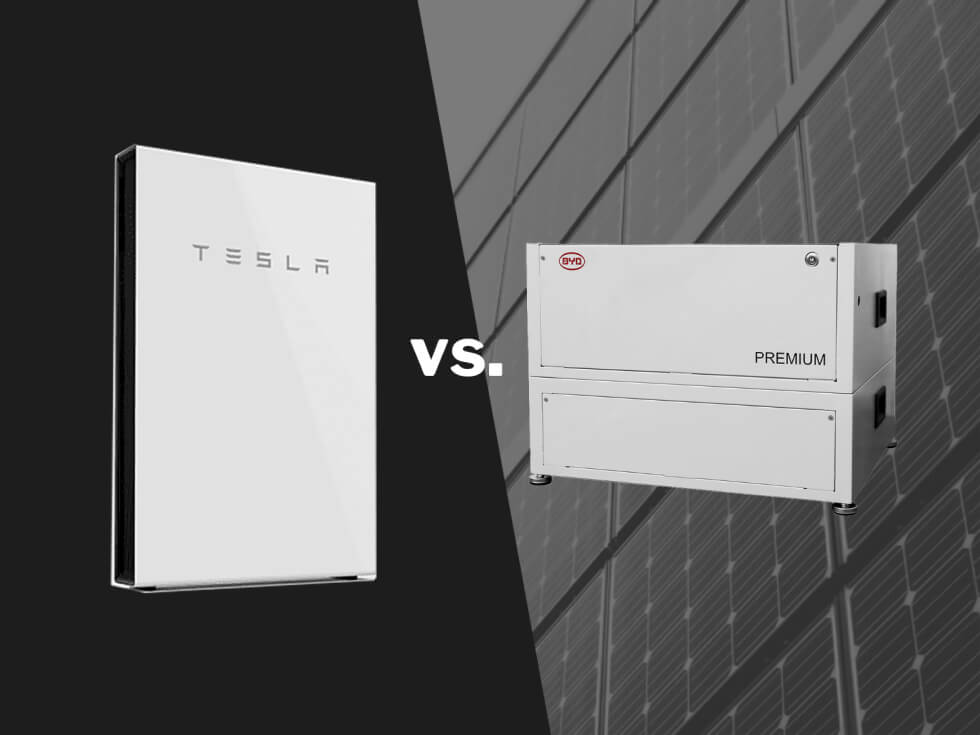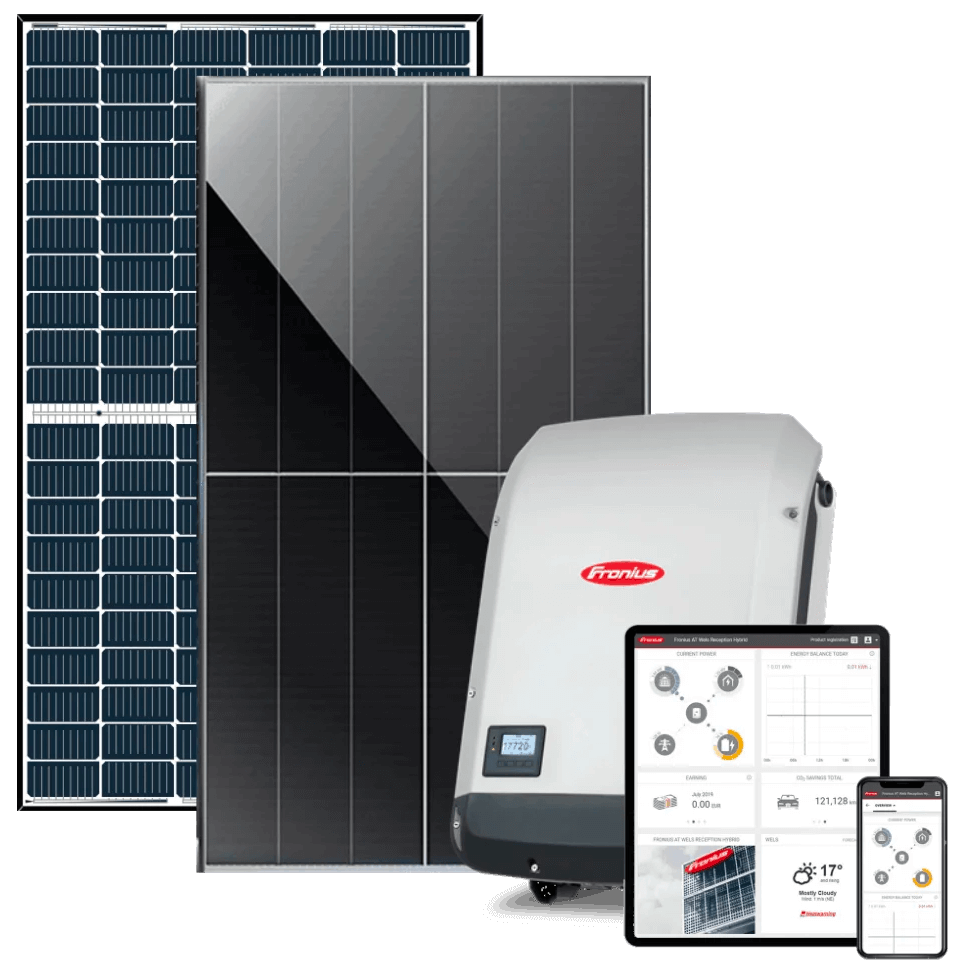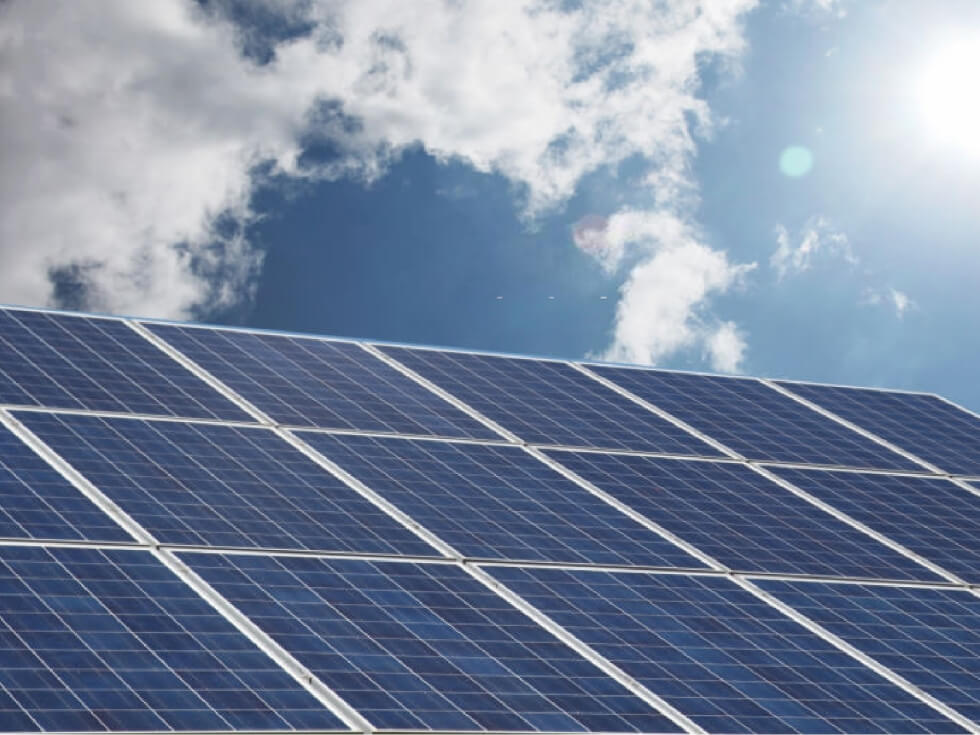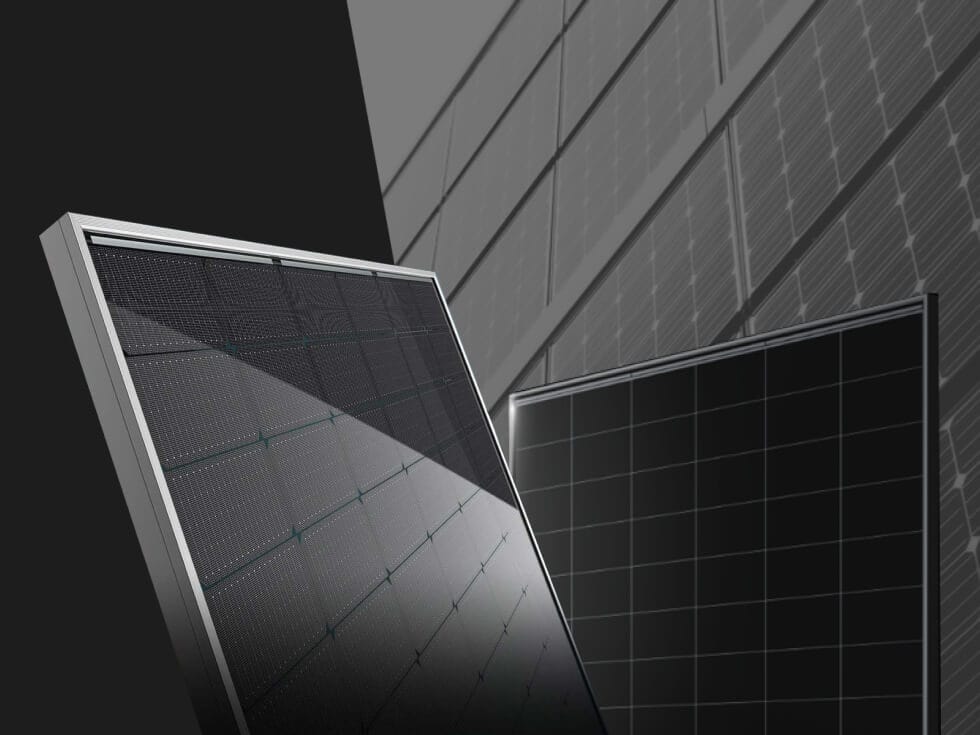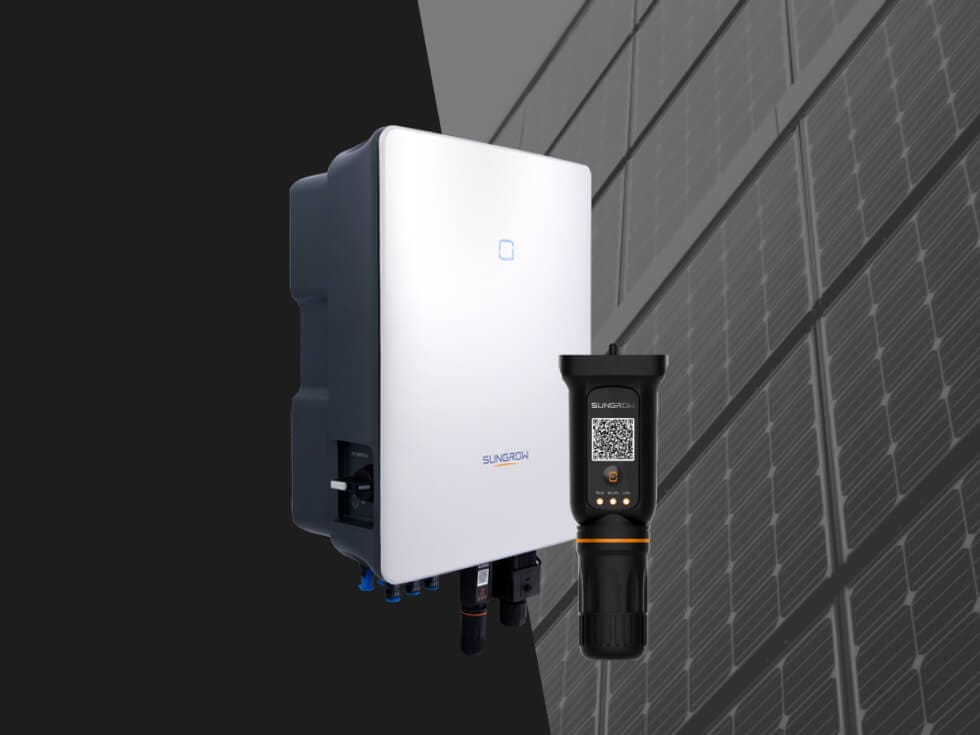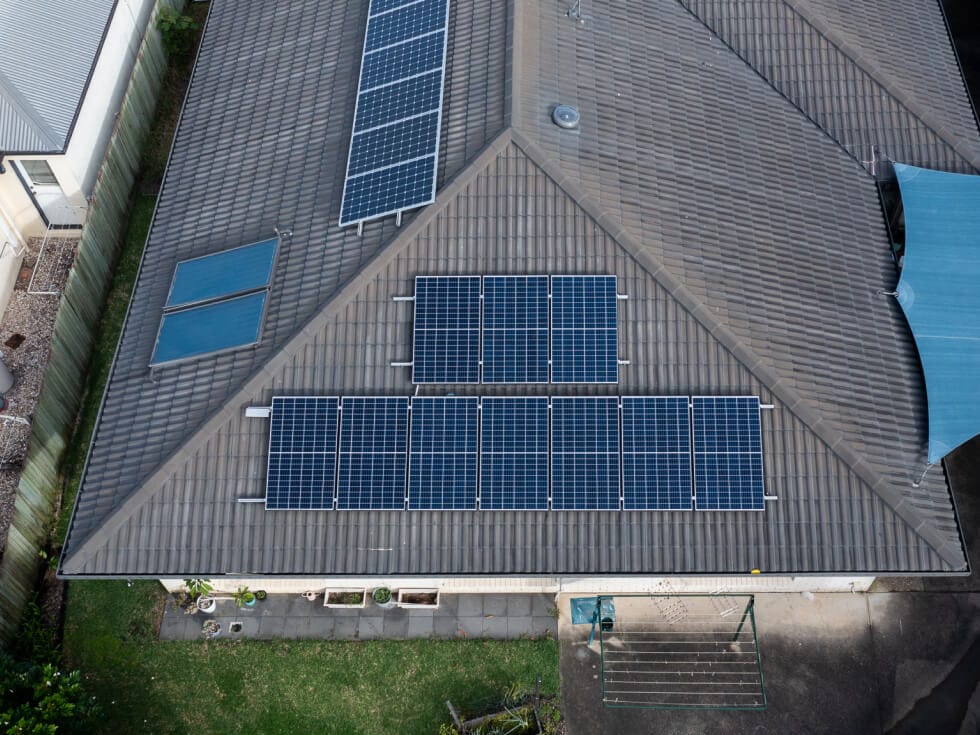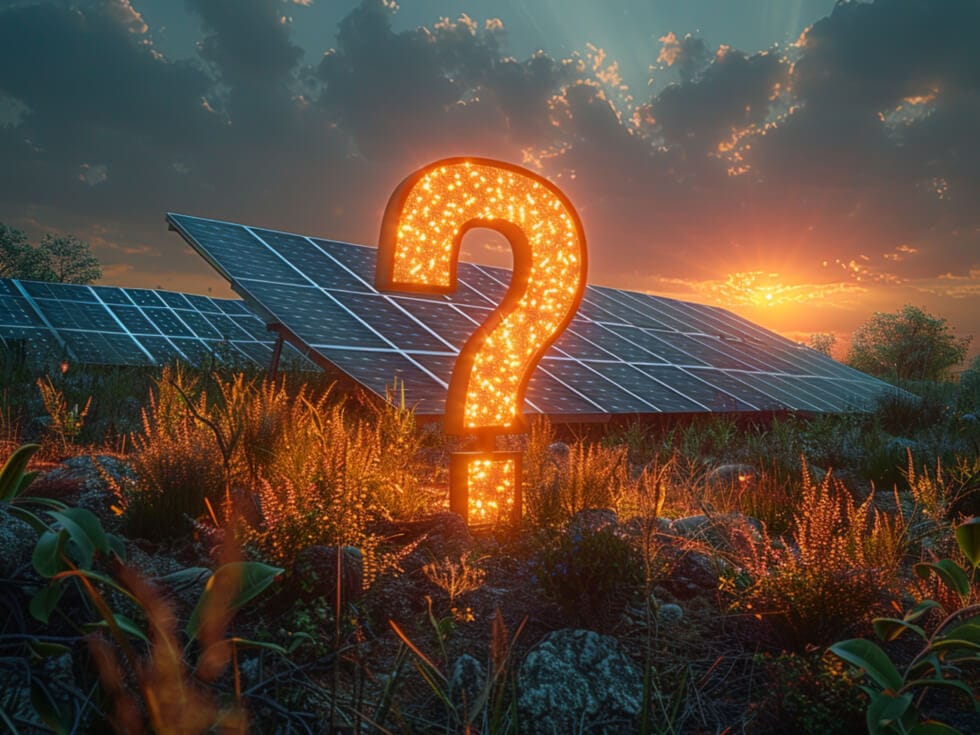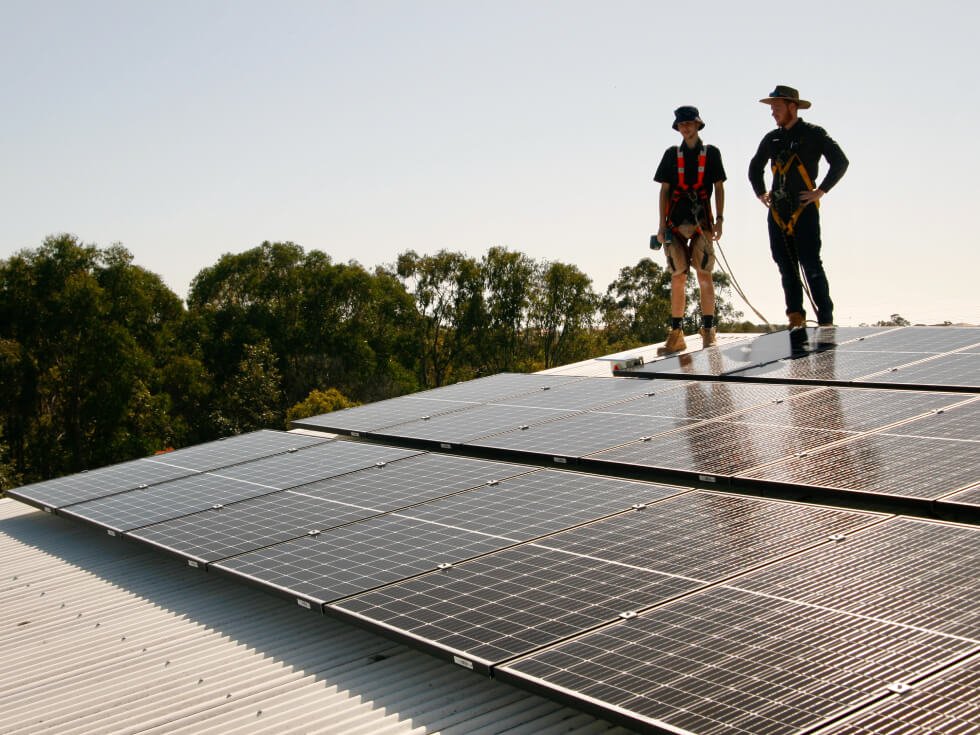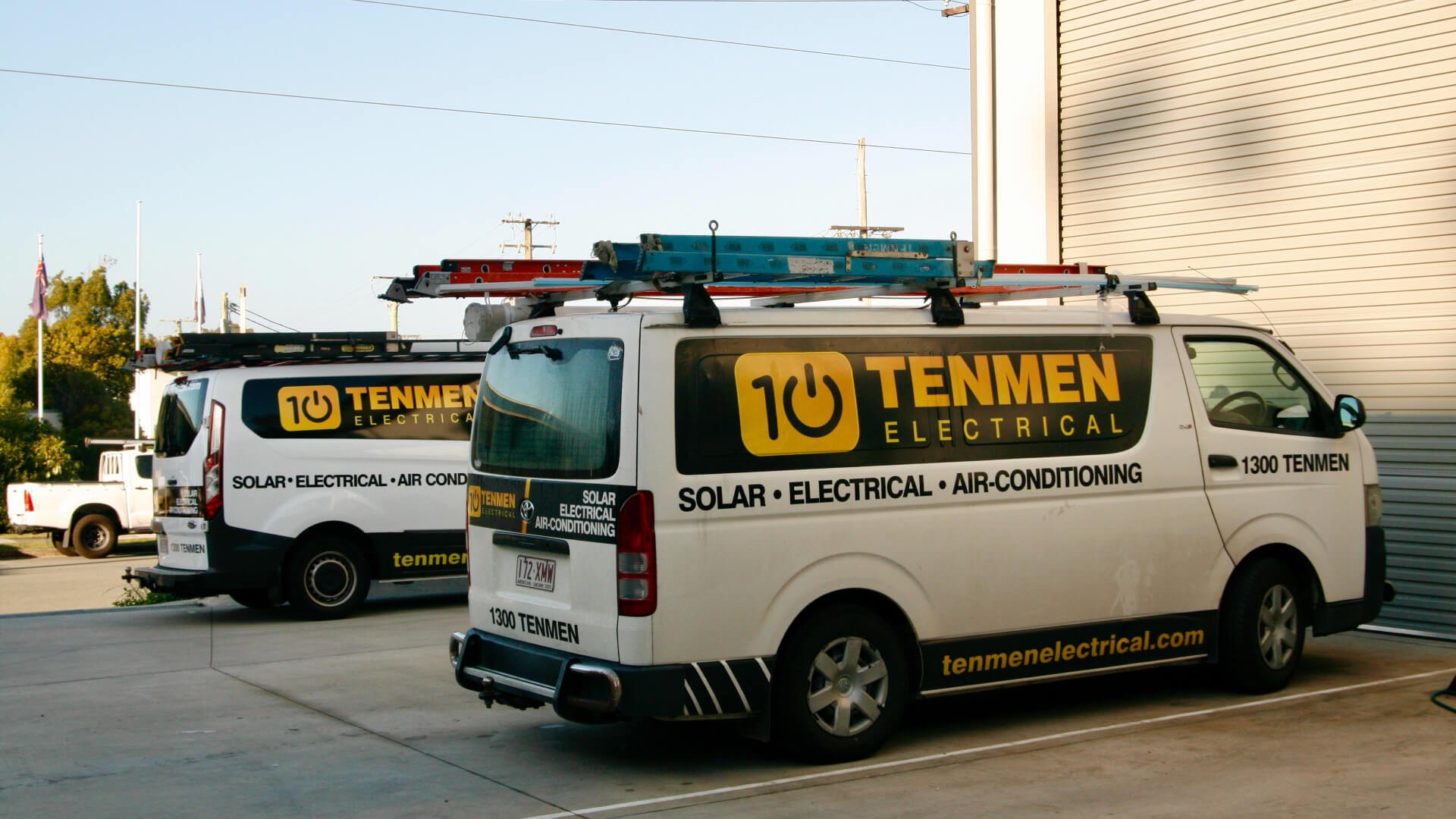As the demand for renewable energy grows, solar battery storage systems have become an essential part of maximising the efficiency and reliability of solar power. Among the top contenders in this space are the Tesla Powerwall 2 and the BYD Battery-Box, both offering advanced energy storage solutions for homes and businesses. These systems not only store excess solar energy for later use, but also help reduce reliance on the grid, save on electricity bills, and provide backup power during outages.
In this article, we’ll dive deep into the features, performance, and benefits of the Tesla Powerwall 2 and BYD B-Box to guide you toward the right choice.
Solar Battery Storage Systems
Solar battery storage systems play a crucial role in enhancing the efficiency of solar energy by storing excess electricity generated during the day for use at night or during cloudy periods. They ensure energy independence, lower electricity bills, and provide backup power during outages, making them an essential component of modern solar setups.
High-voltage vs. Low-voltage Solar Batteries
When choosing a solar battery system, one important consideration is whether to opt for a high-voltage or low-voltage battery. These terms refer to the operating voltage range of the battery, which impacts its performance, efficiency, and suitability for different applications.
1. High-voltage Batteries:
- Operate at voltage levels typically above 100V.
- Offer higher efficiency due to reduced energy losses during charging and discharging processes.
- Suitable for larger energy systems or homes with high energy demands, as they allow for higher power output and faster charging times.
- Often paired with newer, advanced solar inverters that can handle higher voltages.
2. Low-voltage Batteries:
- Operate at voltage levels below 100V, usually around 48V.
- Known for their safety and reliability, as lower voltage systems reduce the risk of electrical hazards.
- Ideal for smaller homes or systems with lower energy demands.
- Compatible with a wider range of older solar inverters and systems.
For example, the Tesla Powerwall 2 operates at high voltage, offering high efficiency and faster performance, while the BYD Battery-Box offers both high-voltage and low-voltage options, providing more flexibility depending on the installation requirements. This distinction can influence your decision based on factors like system compatibility, energy usage, and budget.
Tesla Powerwall 2
Tesla is undoubtedly one of the most technologically advanced companies in the world and a reference for technology and innovation. Even though the company’s solar division is still small, it is no surprise that it produces one of the most advanced and reliable solar batteries on the market.
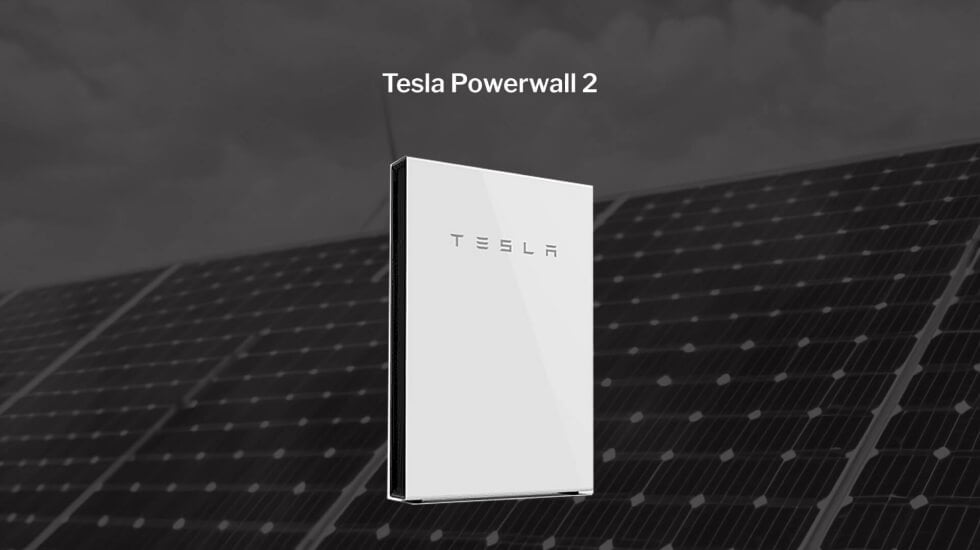
The Tesla Powerwall 2 is a residential or light-commercial battery system with a storage capacity of 13.5 kWh and a continuous power output of 5 kW and 7 kW at peak times; This should be more than enough to power most large modern homes from sunset till the next sunrise. Another feature of the Powerwall is its modern and compact design. The battery is sleek and distinctive from all other batteries on the market, living up to the brand, and it can be installed on a wall mount or on the floor.
In a positive development, Tesla has recently unveiled a new purchasing option for their renowned home battery system. Breaking away from previous restrictions, where Powerwall batteries could only be purchased in conjunction with the Tesla Solar Panels and Roofs, customers can now acquire the energy storage solution independently.
Tesla Powerwall 2 Specs
| Price | ~ AU$14,000.00 |
| AC Voltage (Nominal) | 208V, 220V, 230V, 100/200V, 120/240V |
| Total Energy | 14 kWh |
| Usable Energy | 13.5 kWh |
| Real Power, max continuous | 5 kW (charge and discharge) |
| Real Power, peak (10s) | 7kW (discharge only) |
| Round Trip Efficiency | 90% |
| Warranty | 10 years at 70% |
| Dimensions | 1150 mm x 755 mm x 155 mm |
| Weight | 125 kg |
| Mounting options | Floor or wall mount |
| Operating Temperature | –20°C to 50°C |
Check the full specs here
Tesla Powerwall 2 Main features
The Powerwall 2 includes features that impress not only for the performance but also for the great flexibility and control over energy consumption.
Inbuilt inverter
The Powerwall is an AC battery with an integrated AC-DC inverter/charger. It doesn’t mean you don’t need an inverter because the Powerwall is connected to the switchboard or subboard, not the solar panels. However, the integrated inverter does make the connection and installation process much simpler, and it means that the Powerwall can be added to existing solar systems and even to a conventional electrical (non-solar) system as a backup.
Modular system
The 13.5 kWh offered by the Powerwall is considered large-capacity storage when compared to other batteries available in the market. It is not enough to go off-grid, though. The cool thing is that you can expand the system by connecting multiple Powerwalls to increase the capacity storage of your system.
Lithium-ion battery
The lithium-ion batteries used in the Powerwall are very similar to the ones used in the famous Tesla electric cars. There is no need to mention that these are some of the best batteries available in the world.
One downside is that since there is a global chip shortage and Tesla uses the same chips for their cars and the Powerwalls, the cars are their priority during this low supply period.
Liquid Cooling System
The Powerwall is the only battery in the market to use this advanced thermal management technology. The system enables the battery to operate in temperatures where any other battery could. According to Tesla, the battery can operate in temperatures from –20°C to 50°C, but the recommended temperature is from 0°C to 30°C, so it still should be installed in a sheltered location.
App and consumption mode
Like other Tesla products, the Powerall can be connected to the Tesla app, enabling you to monitor your energy consumption and manage your battery. You can choose between different controlling modes to customise how the device is charged and discharged according to your needs.
Pros
- Large storage capacity
- Scalability
- Simple installation
- advanced technology and high-performing battery
- Warranty – 10 years at 70% capacity
- Modern and compact design
Cons
- Supply shortage/delays
- More expensive
BYD – Battery-Box Premium LVL
BYD is a multinational company based in China with over 30 industrial parks worldwide. According to them, they are “a high-tech company devoted to technological innovations for a better life” and dedicated to providing zero-emission energy solutions.
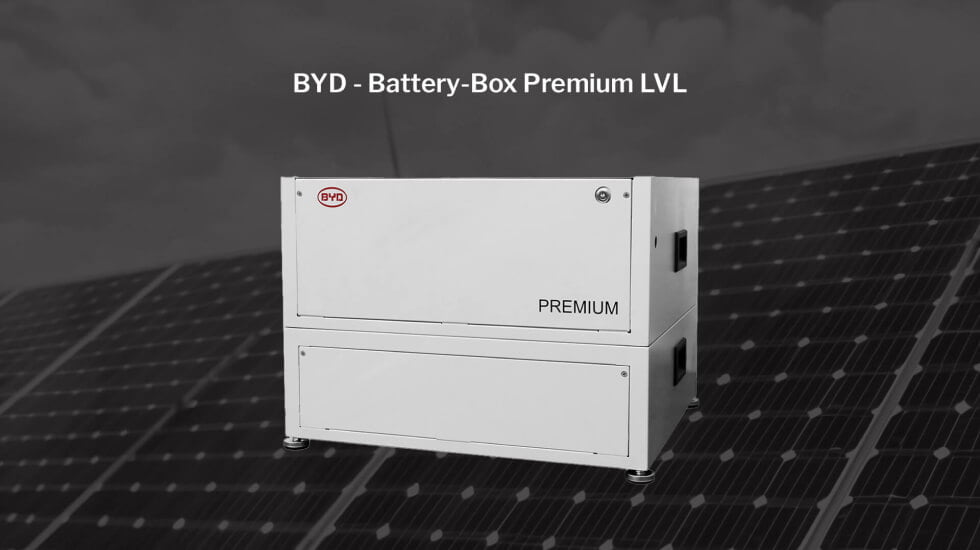
BYD is one of the world’s largest producers of electric cars and lithium-ion rechargeable batteries.
In 2017, the company announced the intent to penetrate the Australian market, and the BYD B-Box product range has become some of Australia’s most popular solar batteries.
The BYD B-Boxes come in high and low-voltage models and received international awards as the batteries with the highest efficiency in the market.
The BYD – Battery-Box Premium LVL is a low-voltage and popular choice for most residential solar systems. The starter model offers 15.4 kWh capacity to be extended to 983 kWh. The modularity and scalability are impressive and make the battery suitable for residential, commercial, and even industrial projects that do not require high voltage.
BYD – Battery-Box Premium LVL Specs
| Price | ~ AU$12,000.00 |
| Number of modules | 2 |
| Voltage (Nominal) | 51.2V |
| Usable Energy | 15.36 kWh |
| Max continuous output current | 250A |
| Peak output current (5s) | 375A |
| Round Trip Efficiency | 95% |
| Warranty | 10 years at 60% |
| Dimensions | 500 mm x 575 mm x 650 mm |
| Weight | 164 kg |
| Operating Temperature | –10°C to 50°C |
| Scalability | Max. 64 in Parallel (983 kWh) |
| Battery Cell Technology | Lithium Iron Phosphate (cobalt-free) |
Check full specs here
BYD – Battery-Box Premium LVL Main Features
The BYD – B-Box Premium LVL can suit a wide range of projects thanks to its scalability. Additionally, these are other main features that make this model a popular choice:
Modular System
This is the best feature of BYD batteries. The huge scalability and the wide range of products offered by BYD cover a wide range of scenarios, requirements and industries, making them a great option for most systems.
It is possible to combine 64 B-Box Premium LVL in parallel and have a total of 983 kWh of usable energy. The massive capacity combined with the High Peak Discharge capability makes this battery system ideal for off-grid applications.
High Power Output
With a continuous output of 250A (approx 12kW) and peak output of 375A (approx 19kW), the B-Box Premium LVL can store plenty of energy to power a modern house, including potential extras such as pool heating.
Modular Lego Block Type of Energy Storage
This technology, backed by the investor Warren Buffet, is part of their patented modular design developed to optimise space and simplify installation. This means that the battery modules can be stacked like Lego and connected through a plug-and-play system that does not require any internal wiring. The B-Box Premium LVL offers the ability to stack two modules of this module.
Cobalt Free Lithium Iron Phosphate (LFP) Battery
Lithium iron phosphate chemistry is safer than traditional lithium-ion and claims to provide an extended life cycle and higher power. Similar to Tesla, BYD solar batteries are built with the same battery modules as BYD’s Electric Vehicles.
High Efficiency
With one of the highest efficiency ratios in the market, the B-Box Premium LVL can deliver a usable energy ratio of 95%, which means that very little energy is lost in the system.
Natural Cooling
Similar to the Tesla Powerwall 2 but using a different technology, the B-Box Premium LVL can operate in extreme conditions. Its natural convection cooling system allows the battery to operate from –10°C to 50°C and achieve the highest system efficiency in normal conditions, with minimal noise.
Pros
- More affordable
- Large storage capacity
- High power output
- Impressive scalability
- Simple installation
- advanced technology and high-performing battery
- Warranty – 10 years at 60%
Cons
- Bulkier when compared to the Tesla Powerwall 2
- Indoor only
Comparison Between Tesla Powerwall 2 and Byd B-Box
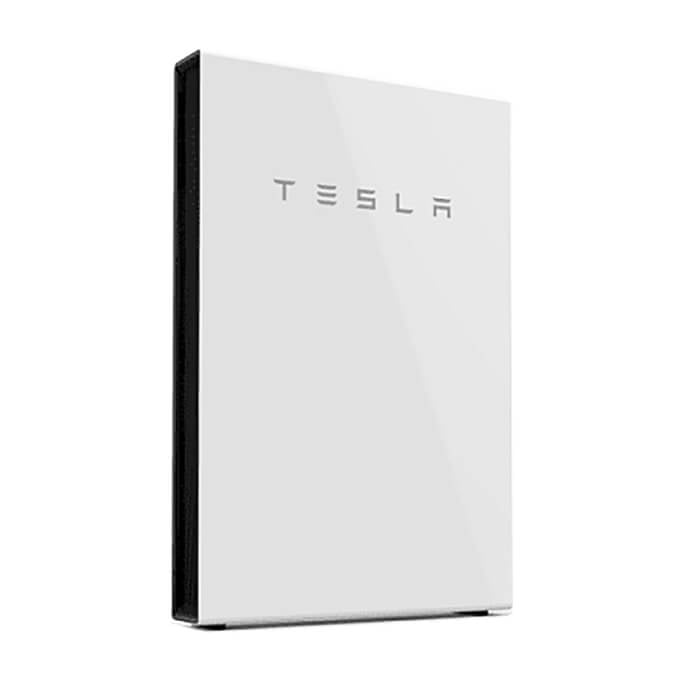 Tesla Powerwall 2 | 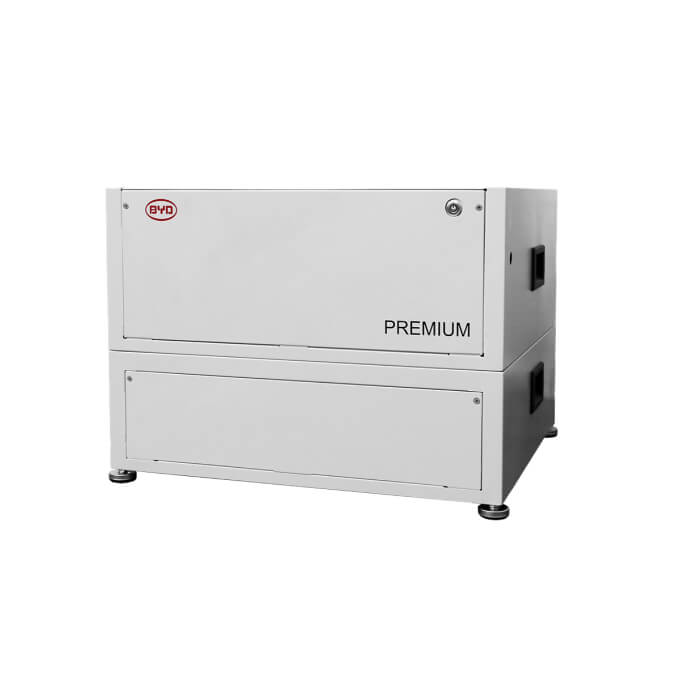 BYD Battery-Box Premium LVL | |
|---|---|---|
| Price | ~ AU$ 14,000.00 | ~ AU$ 12,000.00 |
| Usable energy | 13.5 kWh | 15.36 kWh |
| Max continuous output current | 5kw | 250A (~12kw) |
| Peak output current | 7kw (10s) | 375 A (5s) (~19kW) |
| Round trip efficiency | 90% | 95% |
| Warranty | 10 years at 70% | 10 years at 60% |
| Dimensions | 1150 mm x 755 mm x 155 mm | 500 mm x 575 mm x 650 mm |
| Weight | 125 | 164 kg |
| Operating temperature | –20°C to 50°C | –10°C to 50°C |
| Scalability | 121.5 kWh (9 modules) | 983 kWh (64 modules) |
| Battery cell technology | lithium-ion | Lithium Iron Phosphate (cobalt-free) |
| Mounting options | Floor or wall | Floor |
| Environment | Indoor and outdoor | Indoor |
Key Differences Between Tesla Powerwall 2 and BYD Battery-Box
When comparing the Tesla Powerwall 2 and BYD Battery-Box, several critical differences can help you determine which system is better suited to your needs. Below, we break down the key distinctions:
1. Battery Chemistry
- Tesla Powerwall 2 uses Nickel Manganese Cobalt (NMC) chemistry, known for its high energy density and compact design. While efficient, NMC batteries may have a slightly shorter lifespan than some alternatives.
- BYD Battery-Box uses Lithium Iron Phosphate (LFP) chemistry, which prioritises safety and longevity. LFP batteries are more resistant to thermal runaway, making them ideal for homes in hotter climates or where safety is a priority.
2. System Coupling
- Tesla Powerwall 2 is an AC-coupled system, meaning it has a built-in inverter and can be easily added to existing solar systems regardless of the inverter type. This makes installation straightforward and versatile.
- BYD Battery-Box is a DC-coupled system, requiring a compatible inverter. While this may complicate installation slightly, DC-coupled systems tend to be more efficient because energy doesn’t need to be converted multiple times.
3. Scalability and Flexibility
- The Tesla Powerwall 2 allows for up to 10 units to be connected in parallel, making it suitable for households with moderate energy needs.
- The BYD Battery-Box, with its modular design, offers greater scalability. Users can expand their system significantly, with the high-voltage version supporting up to 64 modules, making it ideal for large-scale or commercial applications.
4. Cost and Efficiency
- The Tesla Powerwall 2 is priced around $11,000 (including installation) and offers a round-trip efficiency of approximately 90%.
- The BYD Battery-Box is slightly more expensive at around $12,000 but boasts a higher round-trip efficiency of 95%, providing better energy utilisation over time.
5. Warranty and Lifespan
- Both systems offer a 10-year warranty, but Tesla guarantees 70% capacity retention, while BYD provides 60% capacity retention. However, the LFP chemistry of the BYD Battery-Box may extend its lifespan beyond the warranty period under proper usage.
Factors to Consider When Choosing Between Tesla Powerwall 2 and BYD Battery-Box
Selecting the right solar battery system depends on your specific energy needs, preferences, and budget. Here are the key factors to evaluate:
1. Energy Needs and Usage Patterns
- If your household has high energy demands or uses power-intensive appliances frequently, the BYD Battery-Box may be a better choice due to its scalability and higher power output.
- For moderate energy needs, the Tesla Powerwall 2 offers sufficient capacity and a sleek, space-saving design.
2. Compatibility with Existing Solar Systems
- Consider whether the battery system integrates seamlessly with your current setup. If you already have a compatible inverter, the BYD Battery-Box may be a cost-effective option.
- If you’re starting fresh or looking for an all-in-one solution, the Tesla Powerwall 2, with its integrated inverter, simplifies installation.
3. Budget and Financial Incentives
- Assess your budget and research available government incentives or rebates that may offset the initial investment. While both systems are premium options, your choice should factor in long-term savings and return on investment.
4. Installation and Maintenance
- The Tesla Powerwall 2 is relatively easy to install and requires minimal maintenance, making it a convenient choice.
- The BYD Battery-Box, though slightly more complex to install due to its modular design, offers flexibility in tailoring the system to your exact needs.
In Closing
Hopefully, by comparing these 2 systems from many different angles, we were able to help you make the right choice. If you are looking for solar installers on the Sunshine Coast or have any questions regarding a new or existing solar system, please do not hesitate to contact us. We are more than happy to answer any questions you may have and assist you with any issues. Contact us for a free quote.

